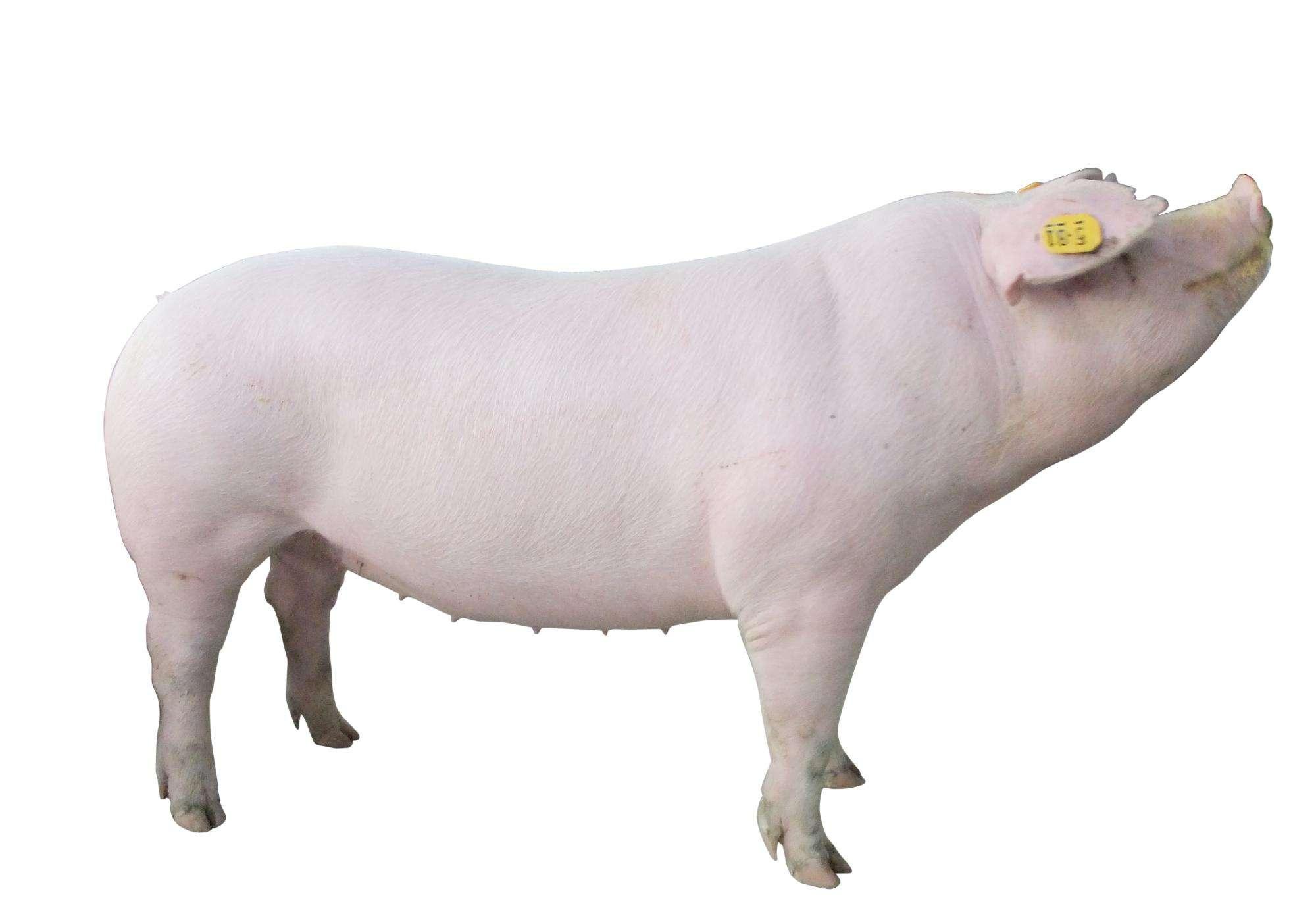First, common parasitic diseases in pigs and their prevention and control
1, porcine toxoplasmosis
Sick pigs are depressed, loss of appetite or abandonment, dry urine and stool, body temperature is residual heat (40.5 ~ 42 ° C), breathing difficulties, abdominal breathing, to the later stage of the sick pig ears, abdomen, limbs can be seen cyanosis.
2, swine ascariasis
Adults parasitize in the small intestine, the larvae develop in the intestinal wall, liver, lungs to form a mobile process, can cause pneumonia and liver damage, some metamorphosis into the stomach, causing vomiting, autopsy can be seen roundworm blocking the intestine.

3, trichinellosis
Adult trichinella parasitizes the intestinal canal, the larvae parasitize the striated muscle, the worm often circulates between human pigs, the human trichinella can cause death, and the infection comes from eating raw or undercooked pork containing trichinella sacs.
Treatment: 1 levamisole, oral 7 to 10 mg per kilogram of body weight, intramuscular injection can be 7.5 mg / kg body weight, generally used for porcine roundworm, porcine lung nematode, porcine kidney worm, porcine echinaceae and so on.
Common parasitic diseases in cattle and their control
1: Hepatic flaky trematodiasis
Cattle are dewormed once a year in spring and autumn.
Treatment: Thiodichlorophenol, 40-50 mg/kg body weight, orally fed. Nitrochlorophenol, 3 to 4 mg/kg body weight, orally.
2: Scorched worm disease
Treatment: Bernier, 4-7 mg/kg body weight intramuscularly, 3 times at intervals of 24 hours.
Calf neocariasis
Commonly used therapeutic drugs, roundworm spirit piperazine citrate oral administration of 0.25 / kg body weight, anthelmintic net and other anthelmintic drugs.
Sheep liver tablets fluke disease
Regular deworming per year, 1 time in spring and autumn, propylthibendazole, 20 grams / kg body weight, orally.
Intestinal tapeworm disease
Treatment: imidazole propietidhiazole 10 mg / kg body weight.
Niclosamide 100 mg/kg body weight, thiodichlorophenol 75 to 150 mg/kg body weight.
After deworming, the sheep feces should be concentrated and fermented in time, and at least 2 to 3 months can kill the eggs.